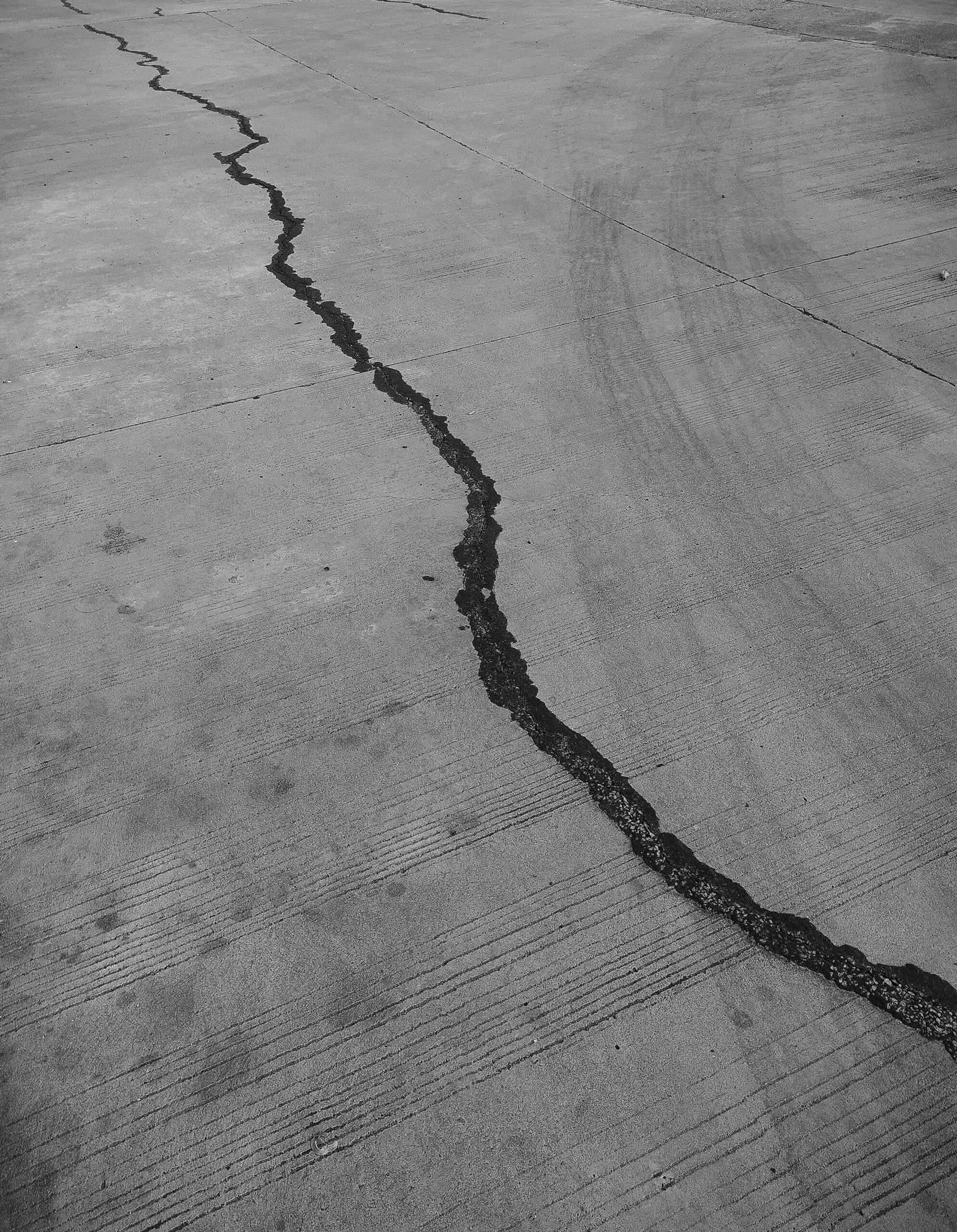On Thursday afternoon, residents of Delhi and its surrounding areas experienced earthquake tremors, causing a momentary sense of panic and concern. The National Capital Region, including Noida, Ghaziabad, Faridabad, and Gurugram, also felt the impact of the seismic activity.
According to the National Center for Seismology, the nodal agency of the Government of India for monitoring earthquake activity, the epicenter of the earthquake was located in Afghanistan. While the magnitude and intensity of the tremors were not immediately reported, the incident serves as a reminder of the unpredictable nature of seismic events.
Earthquakes are natural phenomena that occur when there is a sudden release of energy in the Earth’s crust. This energy release can result in the shaking and trembling of the ground, leading to potentially damaging effects on infrastructure and human lives. While India is located in a seismically active region, with the Himalayas being a major source of earthquakes, the occurrence of tremors in Delhi-NCR is relatively rare.
It is important to note that earthquake tremors can be felt over a wide area, depending on the magnitude and depth of the earthquake. In this case, the tremors were felt not only in Delhi but also in the neighboring cities of Noida, Ghaziabad, Faridabad, and Gurugram. This highlights the interconnectedness of seismic activity and the potential for widespread impact.
During an earthquake, it is crucial to stay calm and follow the recommended safety guidelines. If indoors, it is advisable to take cover under a sturdy piece of furniture, such as a table, and protect your head and neck. Avoid standing near windows, glass, or other objects that may shatter during the shaking. If outdoors, move to an open area away from buildings, trees, and other structures that may pose a risk of collapse.
Emergency preparedness is key in mitigating the potential risks associated with earthquakes. It is important to have an emergency kit stocked with essential supplies, including food, water, medication, and first aid items. Additionally, it is crucial to have a plan in place for communication and evacuation, should the need arise.
While the earthquake tremors in Delhi-NCR serve as a reminder of the unpredictable nature of seismic events, it is also an opportunity to reflect on the year gone by. 2021 has been a challenging year for people around the world, with the COVID-19 pandemic, natural disasters, and other global issues impacting lives and livelihoods.
As we wrap up the year, it is important to acknowledge the resilience and strength demonstrated by individuals and communities in the face of adversity. It is a time to come together, support one another, and look towards a brighter future.
In conclusion, the earthquake tremors felt in Delhi-NCR, with its epicenter in Afghanistan, serve as a reminder of the unpredictable nature of seismic activity. It is crucial to prioritize emergency preparedness and follow recommended safety guidelines during such events. As we reflect on the year gone by, let us remember the resilience and strength shown by individuals and communities, and strive for a better tomorrow.






